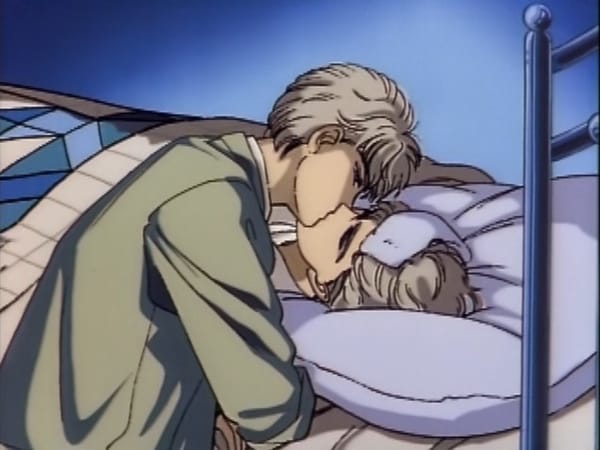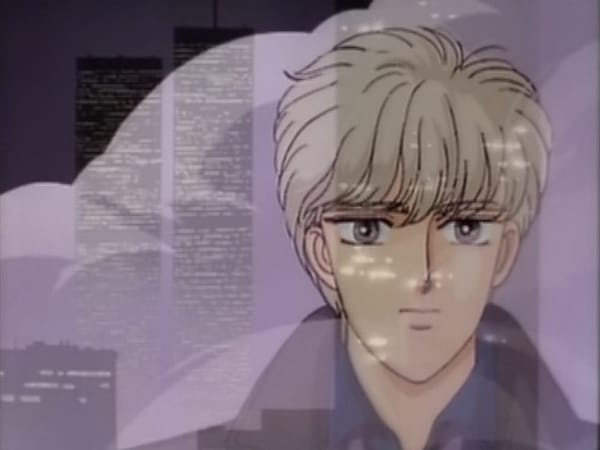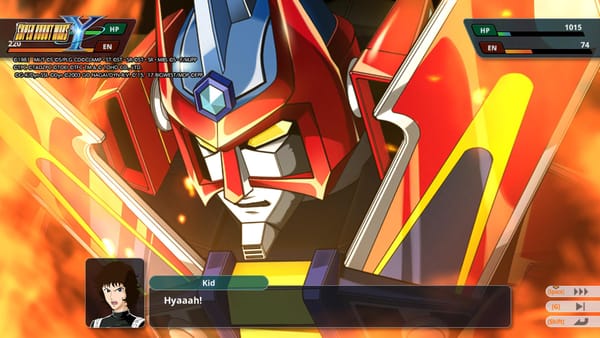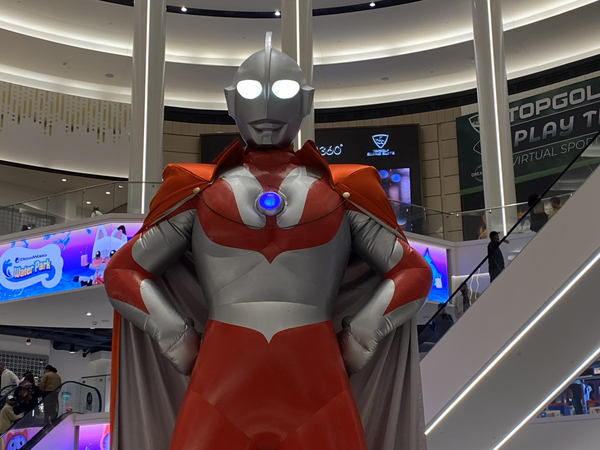Chisato from Lycoris Recoil is my new mahjong main
Chika Anzai speaks to me
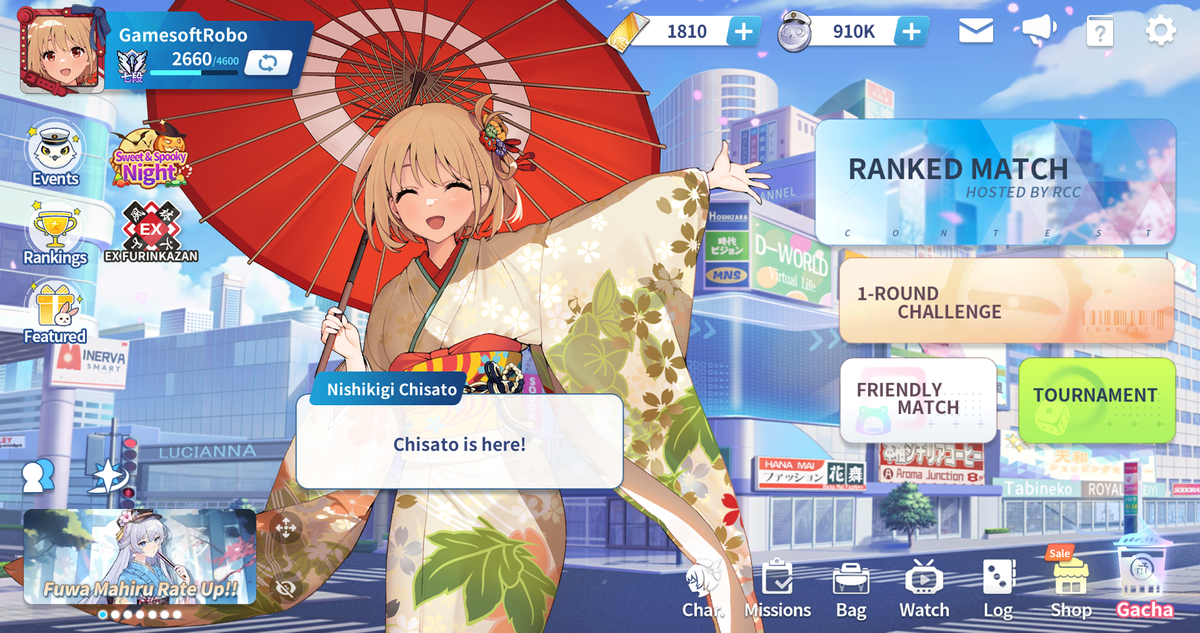
A few years ago, Mahjong Soul cornered the niche market of online riichi mahjong with cute anime characters and no-strings free play.1 It was an obvious slam dunk— especially given the history of otaku-oriented anime mahjong games and the enduring appeal of the Saki series— and it arguably even brought new players to the game. But I think there’s a second, less obvious secret to its success, a reason that players actually moved to Soul from competitive mainstays like Tenhou.
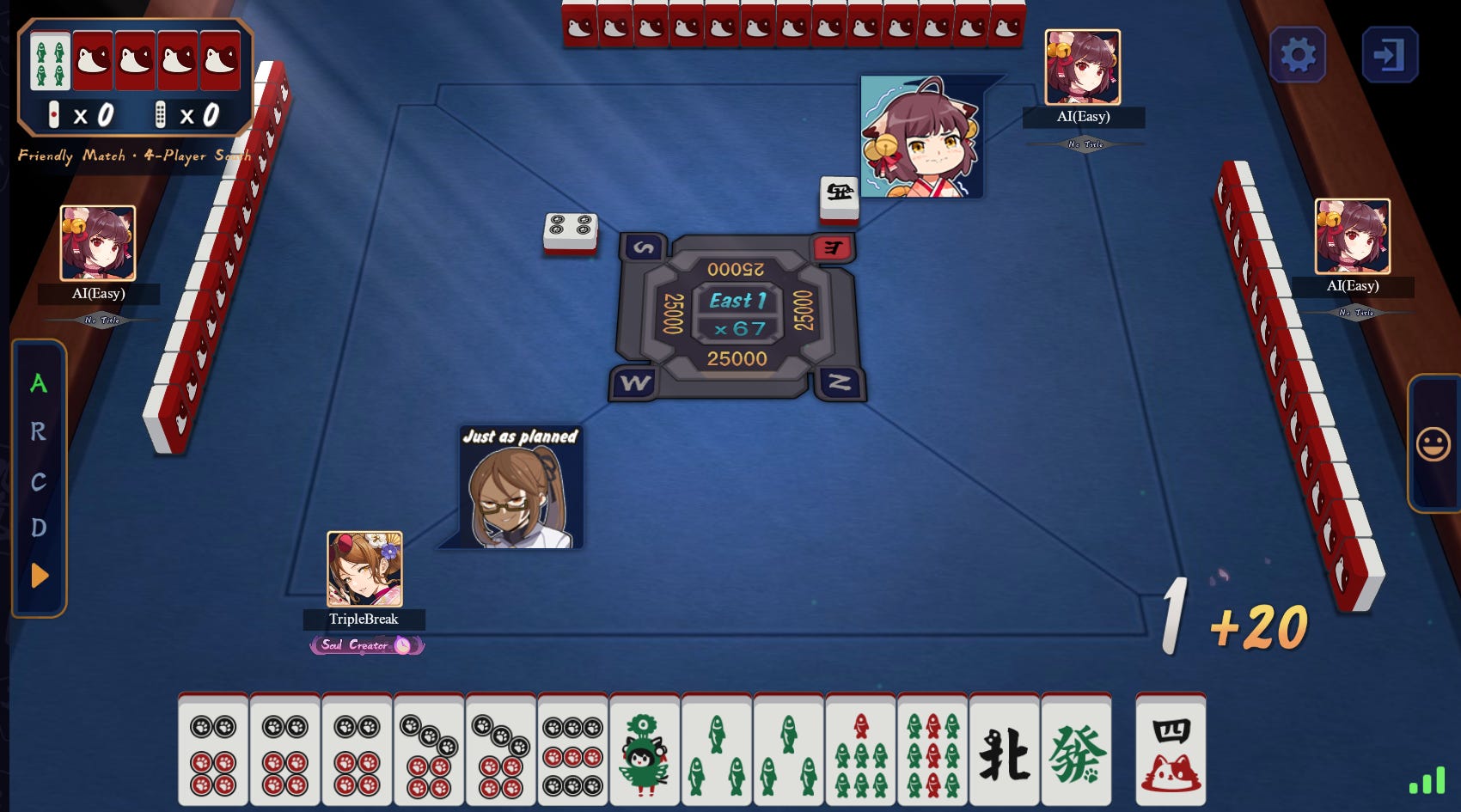
Along with anime girls and the dreaded low-odds gacha, Mahjong Soul brought player expression and communication back to online mahjong. Player avatars weren’t new to mahjong games: a lot of old console mahjong games (Mahjong Taikai series, Gambler Jiko Chuushinha) offer as their primary attraction a host of different characters to compete against, specifically drawing their entertainment value from the onscreen personalities and styles of play.
But Soul brought its anime avatars to the front with full voice work, animations, and particularly emotes using cute stickers; the kind of flashy presentation that anime otaku will pay money for. And though obviously mahjong is mahjong— and thus there is no gameplay advantage whatsoever that a fancy avatar will confer2— people pay. It was never about winning or losing; it’s just fun.

Tenhou is the perfect competitive client on paper, but grinding on its brutal ranked ladder in a total social vacuum, unable to communicate with other players in any way, is also profoundly isolating and arguably psychologically damaging.3

Mahjong is a social table game— it exists for people to sit around and communicate with each other— so it’s weird that the online equivalent was so anti-social.4
When I’m back on Tenhou or Sega MJ after a lot of time on the anime clients, I’ll feel weird *not* being able to put up an emote in reaction to something crazy happening at the table. I’ll mouse over to that section of the screen, find it empty, and feel wrong. I’m an active competitive player, but I’ll take a little bit of fun over the empty void.
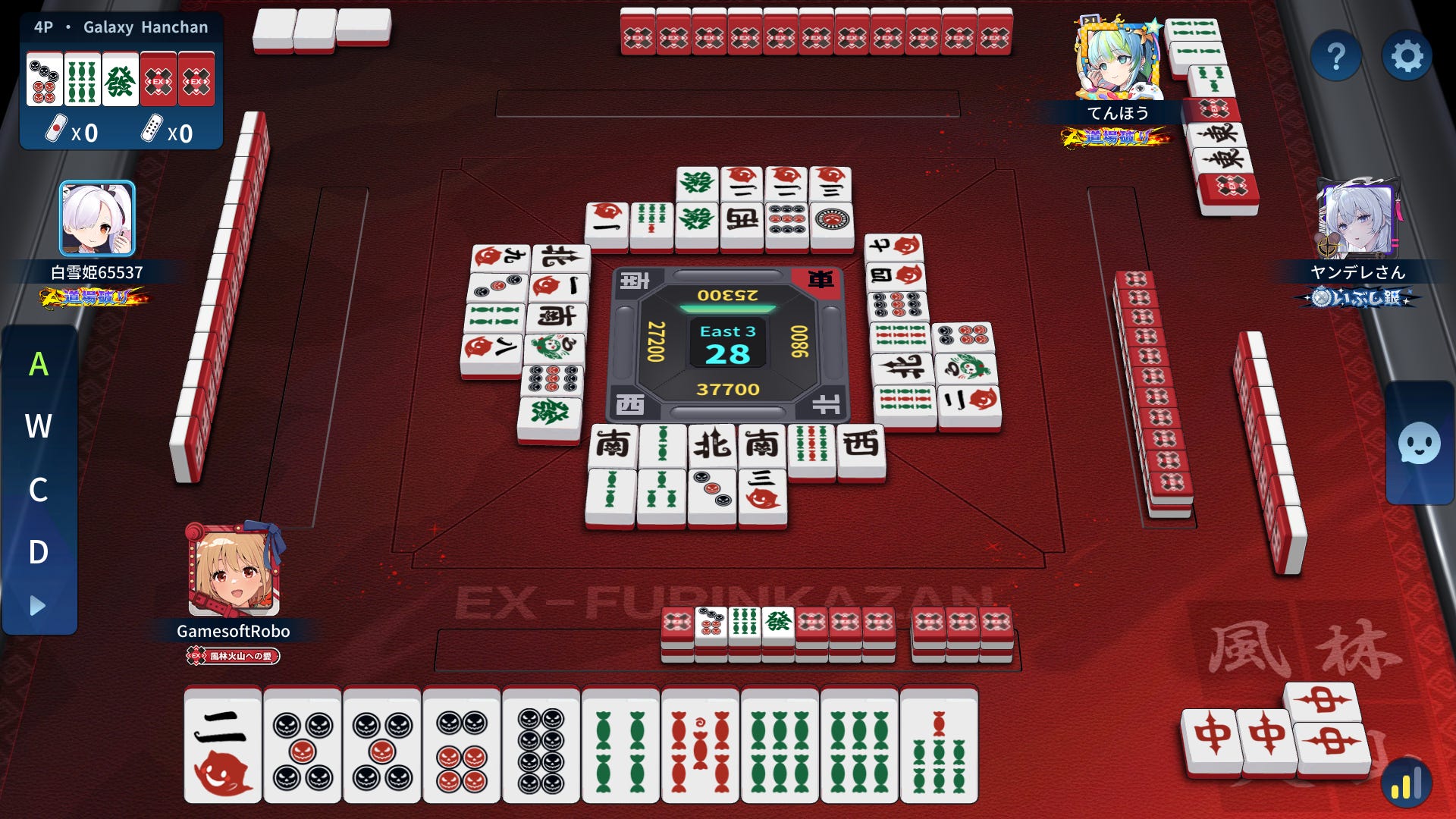
I’m currently playing on Riichi City, a competitor/clone of Mahjong Soul that has really come into its own over the last year, doing a lot of things better than Soul itself does despite a much smaller player population. One of those features is emotes and in-game interaction. Characters not only have emote animations they can display on the screen during matches, they have a few voiced lines that they can chime in with during the game. You can celebrate (“I am favored by the goddess of mahjong!”), you can sulk (“I’m not the one who’s wrong here. What’s wrong is this world.”), you can just yell “Spotted garden eel!” from that one episode of Lycoris Recoil if you want.
There’s a delicate balance to reach here. Free, unrestricted chat would lead to a game ruined by toxicity and cheating, so City sticks to pre-recorded, in-character lines. (One of the funniest events that can happen in Riichi City is when you and an opponent start having a back-and-forth “conversation” in canned lines.)
On the other hand, the problem with Riichi City’s emotes and voice lines is that most of them don’t really have the full spectrum of the game experience— joy, confusion, shock, disappointment, “nice job buddy”— built into them.
In a lot of cases, the character is too in character, or they express the same sentiment over and over again, so you can’t really use much they say at the table. The character I wanted from the recent Lycoris Recoil collab was actually the drunken, obnoxious 20-something Mizuki, but when I rolled her, it turned out all her lines were about interrogating a suspect. But I don’t need that at the mahjong table!
A few characters even have lines that can be used as bluffs; though I rarely see this abused, you really shouldn’t have a button in your mahjong game that makes the character say “I only need one more tile to win!”
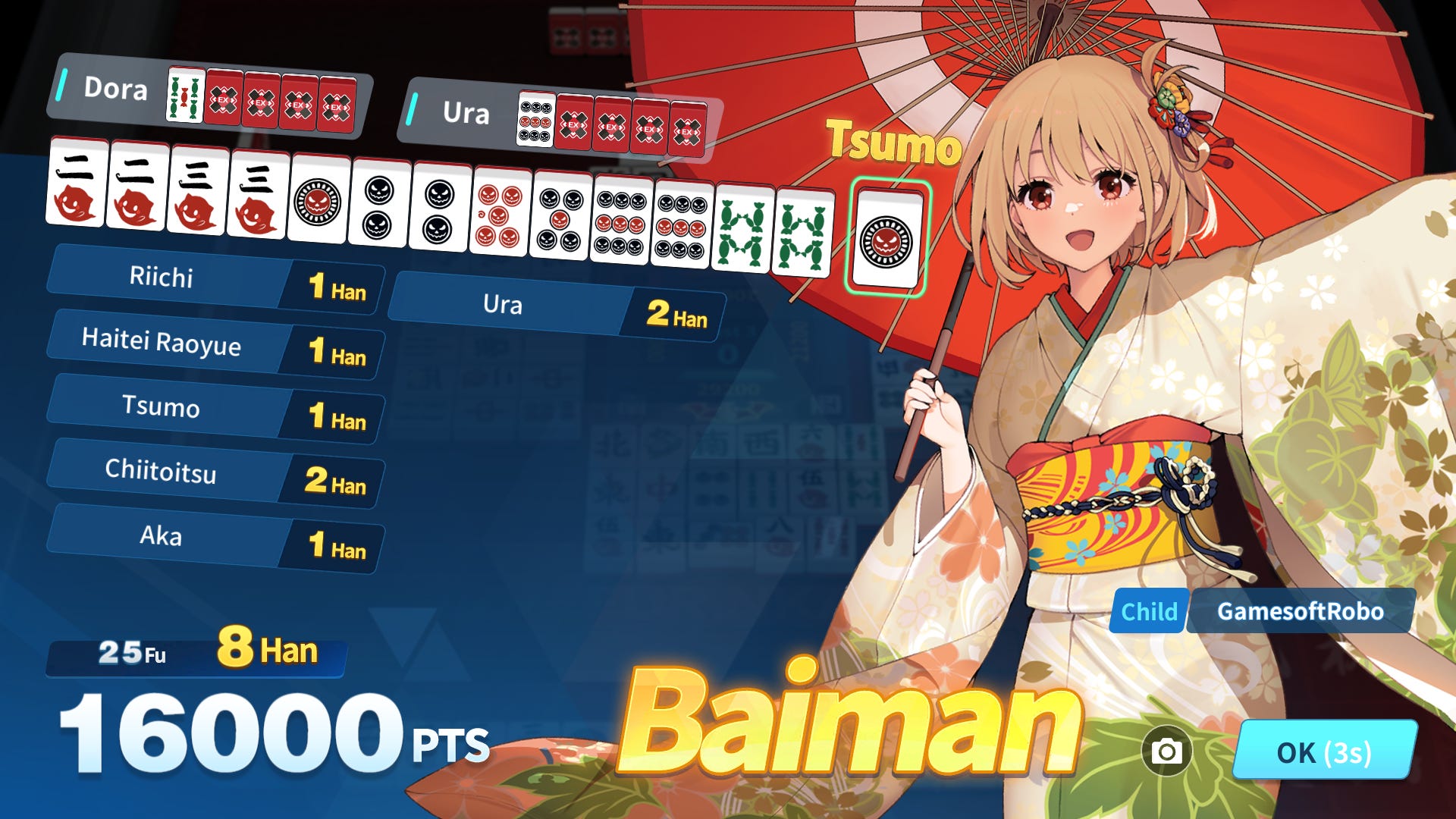
That’s why so far, my favorite Riichi City character is Chisato from Lycoris Recoil, who I was lucky enough to get in the recent event. Just like in the source material, Chisato is a bubbly goofball full of excitement and joy, and it’s fun to play that character at the table. 5
Her lines are also as functional as they are in-character, because Chisato has a simple mind! “It’s a great day today, and I feel great!” “Yeah!” “Huh?!” “ALRIGHT!” and so on. Chisato is high on the positive end, but she does have an emote to express frustration (shaking a chain link fence like the Ultimate Warrior), so it’s a complete package. It’s also all delivered with Chika Anzai’s quirky intensity, which I for one cannot get enough of. She went all the way in on lines that, statistically, nobody will ever hear, like “sextuple yakuman”.
I acknowledge this is a bit of a ramble, but the lesson here is to think about how things tie together. How do people actually use the bells and whistles in your game? They can really contribute to an experience, but only if they’re well-placed. I’d say Riichi City is about 50/50 on this.
Players didn’t want to pay by round (Sega MJ) to play a classic table game, nor did they want to monthly subscribe to it (Tenhou). Gacha solved the problem by simply taking more money by force from these picky players than they had ever imagined spending. ↩
“Online mahjong is rigged” conspiracy theorists exist: my main evidence against this theory is that everyone who espouses it is an extremely overconfident beginner-level player, go figure ↩
Mahjong manga that bring up the Tenhou experience usually do so in the context of it having destroyed a player’s life, like, notably, Tetsunaki Kirinji. ↩
To be fair, this is probably an anti-cheating measure to keep players from grouping together and signaling to each other. I have zero doubt that such organized cheating takes place on Riichi City— they recently sent out a newsletter alluding to it— and perhaps Soul as well. Contrary to poker, professional riichi is played in near silence and bluffing tactics will get you removed from the premises. ↩
A lot of characters’ voice lines are too mean for my own tastes— one of the recent additions actually has a “Shut up.” emote, which I think is just a bad idea outright— and even though I see those characters used a lot, I hardly ever see the more antagonistic voice lines used. I remember spinning a cute-looking catgirl and saying, as I flipped through the lines, “oh no, my catgirl is a bitch”. ↩
